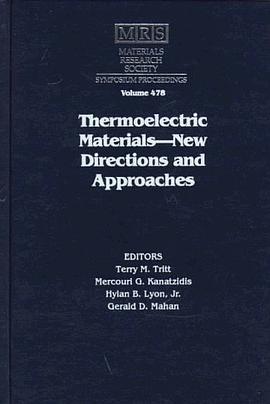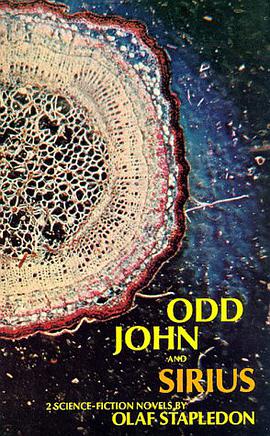

具體描述
Through close analysis of Eureka and The Purloined Letter, Swirski evaluates Poe's epistemological theses in the light of contemporary philosophy of science and presents literary interpretation as a cooperative game played by the author and reader, thereby illuminating how we read fiction. The analysis of Poe's little-studied Eureka provides the basis for his discussion of Lem's critique of scientific reductionism and futurological forecasts. Drawing on his own interviews with Lem as well as analysis of his works, Swirski considers the author's scenarios involving computers capable of creative acts and discusses their socio-cultural implications. His analysis leads to bold arguments about the nature of literature and its relation to a broad range of other disciplines.
著者簡介
圖書目錄
讀後感
評分
評分
評分
評分
用戶評價
相關圖書
本站所有內容均為互聯網搜索引擎提供的公開搜索信息,本站不存儲任何數據與內容,任何內容與數據均與本站無關,如有需要請聯繫相關搜索引擎包括但不限於百度,google,bing,sogou 等
© 2025 book.quotespace.org All Rights Reserved. 小美書屋 版权所有




















